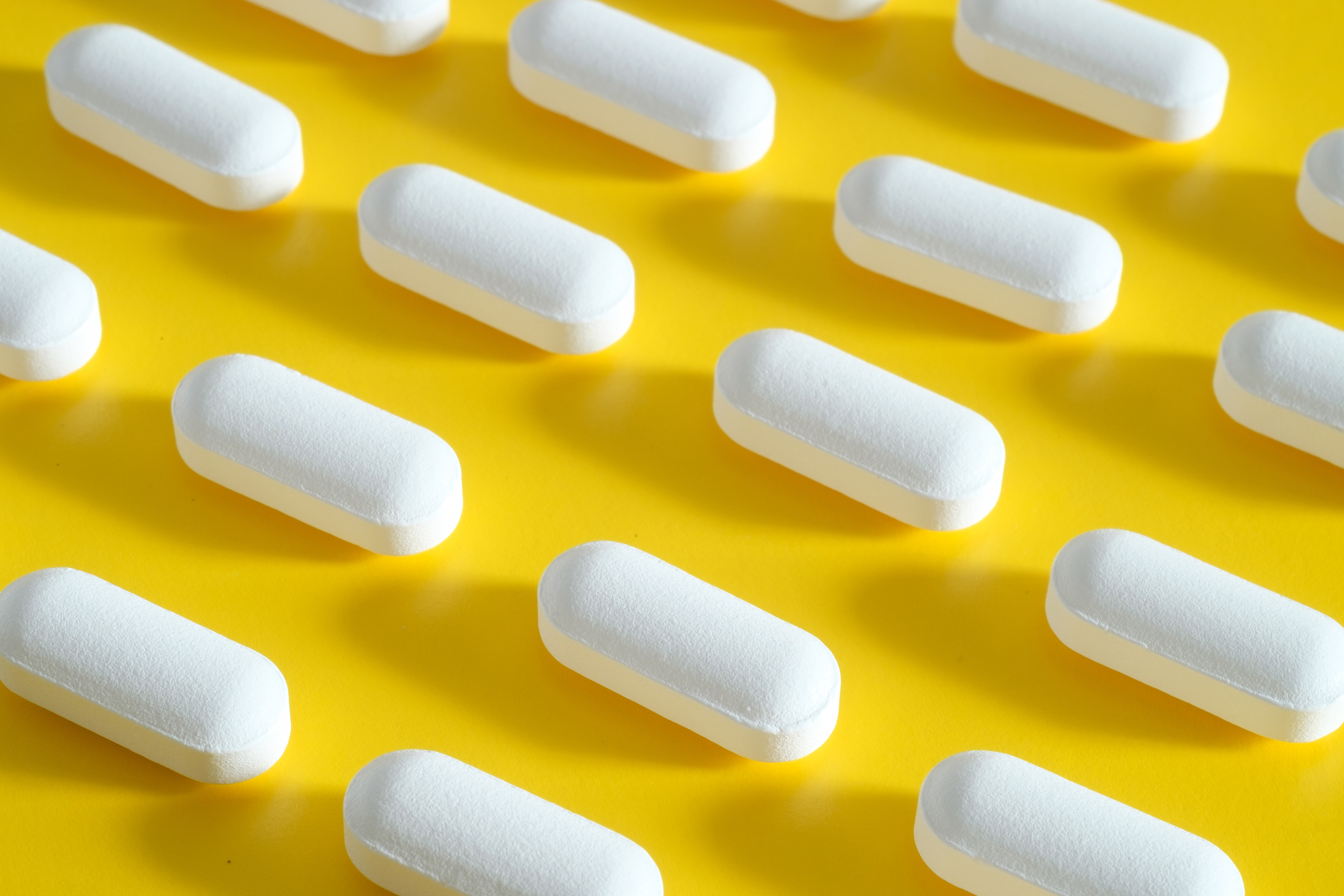Feeling low is actually a sign of a vitamin D deficiency
We take a look at why the two things are linked...

Around one in four people in the UK suffer from a mental health problem each year, according to charity Mind, but that doesn’t take into account the millions of us that live with low moods for days or weeks at a time.
But, a low mood could be improved with higher levels of vitamin d, a vitamin that many of us are deficient in during the autumn and winter months. In fact, even during summer months, it’s predicted that up to 13 percent of the UK population will be deficient.
What does vitamin D do?
‘We get 80 to 90 percent of our daily recommended vitamin d intake from the sun, so in the darker months, it’s harder to hit our quota,’ says Keeley Berry, Nutritional Expert and New Product Development Executive at BetterYou, a vitamin D supplementation brand.
Our bodies need vitamin d for healthy bones, muscles and teeth but research has also suggested that vitamin d may help to modulate levels of neurotransmitters such as serotonin (the happy hormone) within the brain; these play a pivotal role in the development of depression.
‘Our near complete reliance on sunlight to provide us with vitamin D is problematic and may be to blame for why deficiencies in vitamin D have become commonplace,’ adds Keeley.
‘Our modern diets and lifestyles, where time spent outdoors is on the decrease and the use of sun cream and cosmetics which include an SPF is on the increase, may also increase the likelihood of deficiency.’
Sign up for the woman&home newsletter
Sign up to our free daily email for the latest royal and entertainment news, interesting opinion, expert advice on styling and beauty trends, and no-nonsense guides to the health and wellness questions you want answered.

So, if you find yourself suffering from low mood for prolonged periods of time or suspect that you might have a vitamin D deficiency, the first step is to test your levels. You can do this by either visiting your GP or by using a quick and easy at-home testing service.
Keeley says: ‘Blood tests are the most accurate way to understand a person’s vitamin D status and allows for tailored supplementation recommendations based upon on the results. Those with a deficiency can begin to feel a difference after just two weeks of supplementation, however significant benefits are experienced after one month.’
Although you can obtain vitamin d from your diet (think fatty fish, fortified products, egg yolks and beef liver), The Scientific Advisory Commission on Nutrition recently concluded that it is difficult to obtain adequate levels of this vital vitamin from natural sources alone.
If you suspect you have a vitamin D deficiency we recommend you go and see your GP to discuss diagnosis and treatment.
Lucy Gornall is the former Health & Fitness editor at Future and a personal trainer specializing in pre and post-natal exercise.
-
 Head to Hobbs for holiday-ready linen and the most elegant summer dresses you’ll find on the high street
Head to Hobbs for holiday-ready linen and the most elegant summer dresses you’ll find on the high streetWondering where to shop for a chic summer wardrobe? Hobbs has you covered
By Caroline Parr
-
 Forget beach bags and sunnies, Jasmine Harman's ravishing red swimsuit was elevated by matchy-matchy lipstick
Forget beach bags and sunnies, Jasmine Harman's ravishing red swimsuit was elevated by matchy-matchy lipstickIf I want to make even the simplest outfit look a bit more polished, colour coordination becomes my style best friend.
By Emma Shacklock